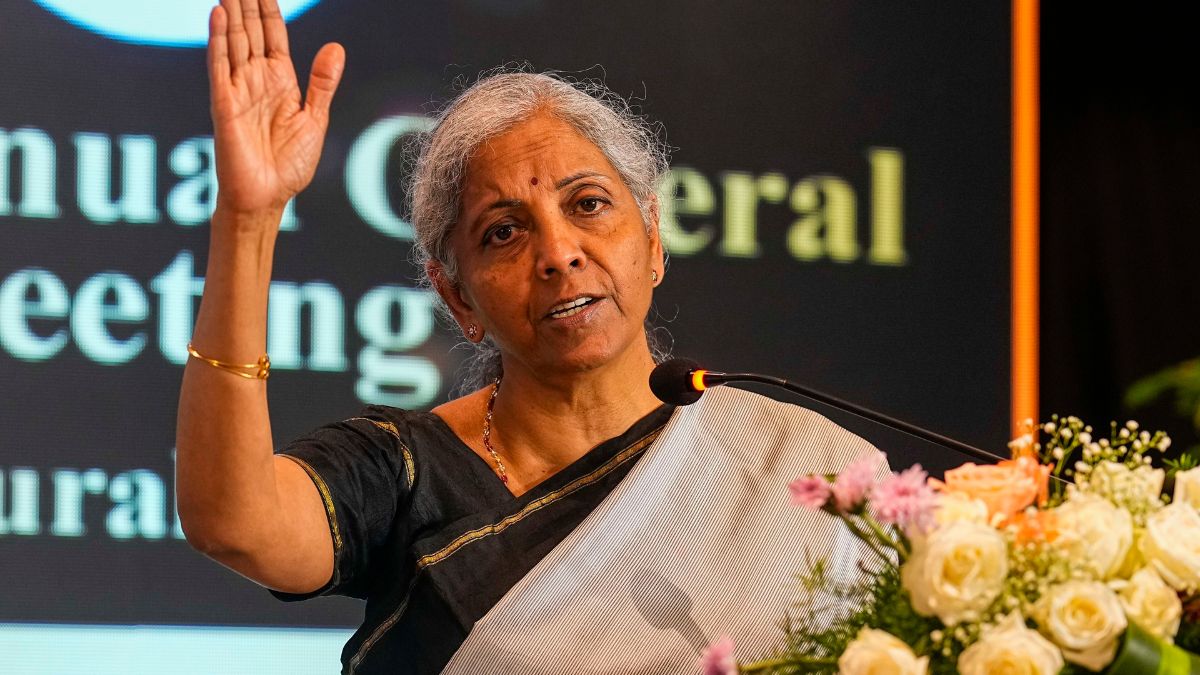The 55th meeting of India’s Goods and Services Tax (GST) Council, held on Saturday (December 21) in Jaisalmer, Rajasthan, significant attention was given to addressing pressing economic issues such as food inflation, unemployment, rural job creation, and maintaining capital expenditure momentum.
These discussions are expected to influence the forthcoming budget and economic policies.
The meeting resulted in several significant decisions impacting various sectors.
Here are seven key takeaways from the 55th GST Council meeting:
Increase in GST for used electric vehicles (EVs): The Council approved raising the GST rate on old and used electric vehicles from 12 per cent to 18 per cent. This move aims to align the tax structure of used EVs with that of new EVs, which are currently taxed at 5 per cent.
Hike in GST for small petrol and diesel cars: A decision was made to increase the GST rate on small petrol and diesel cars from 12 per cent to 18 per cent. This adjustment is intended to standardise tax rates across different vehicle categories.
Tax relief on health and life insurance premiums: The Council granted full GST exemptions on term life insurance premiums and health insurance premiums for senior citizens. Additionally, health insurance policies with coverage up to Rs 5 lakh for other individuals will also enjoy tax relief. This measure is expected to make insurance more affordable and accessible.
GST rate adjustments on luxury goods: To boost revenue, the Council decided to increase GST rates on luxury items such as high-end wristwatches and shoes. This change is projected to generate an additional Rs 22,000 crore annually.
Reduction in GST on essential items: In an effort to reduce household expenses, the Council lowered GST rates on essential goods, including bicycles, exercise books, and large packs of packaged drinking water. This move is aimed at providing relief to consumers.
Alignment with pre-budget consultations: The timing of the GST Council meeting was synchronised with Union Finance Minister Nirmala Sitharaman’s pre-budget consultations with state finance ministers. This alignment facilitated comprehensive discussions on economic challenges and policy decisions ahead of the Union Budget 2025-26.
States oppose GST on ATF: FM Nirmala Sitharaman said that states did not agree on bringing aviation turbine fuel under the ambit of GST.
“States did not feel comfortable. They didn’t want the ATF because they saw it as part of the crude petroleum diesel basket, and therefore they said that it alone cannot be taken out, and therefore that continues to remain where it is today,” she said.
11
With inputs from agencies


)

)
)
)
)
)
)
)
)



